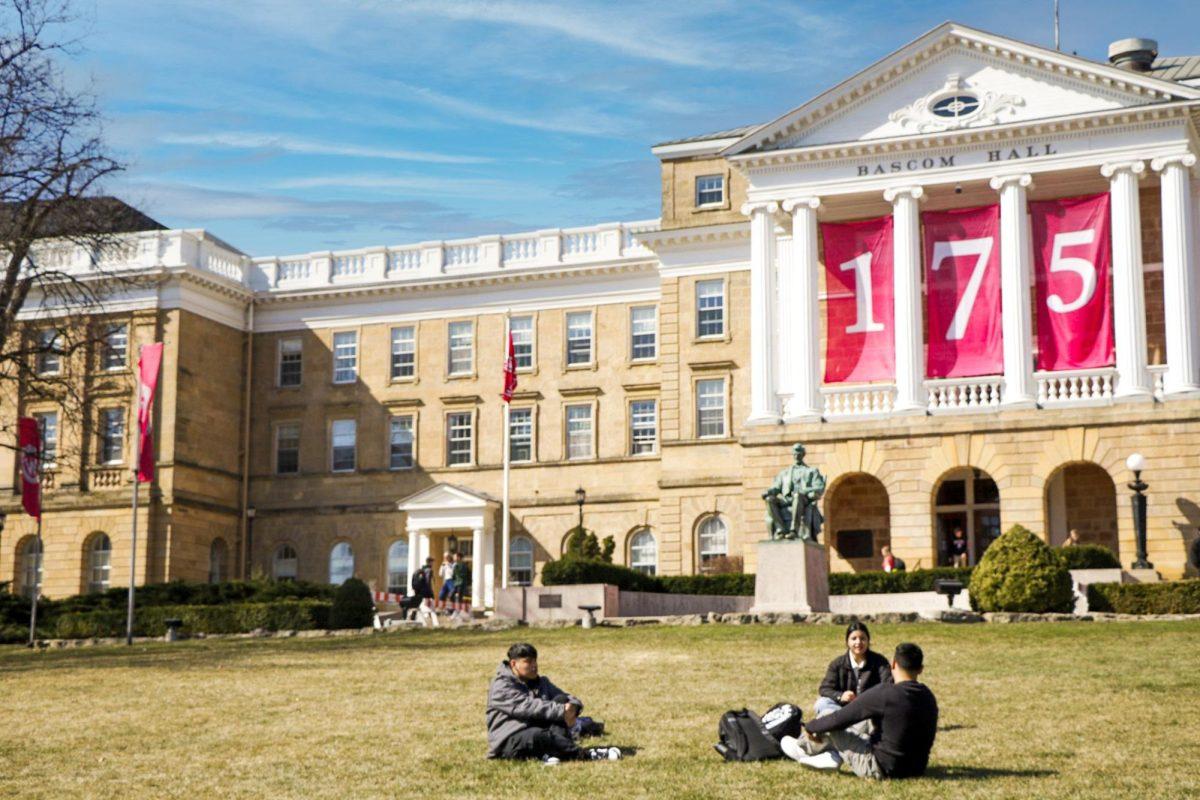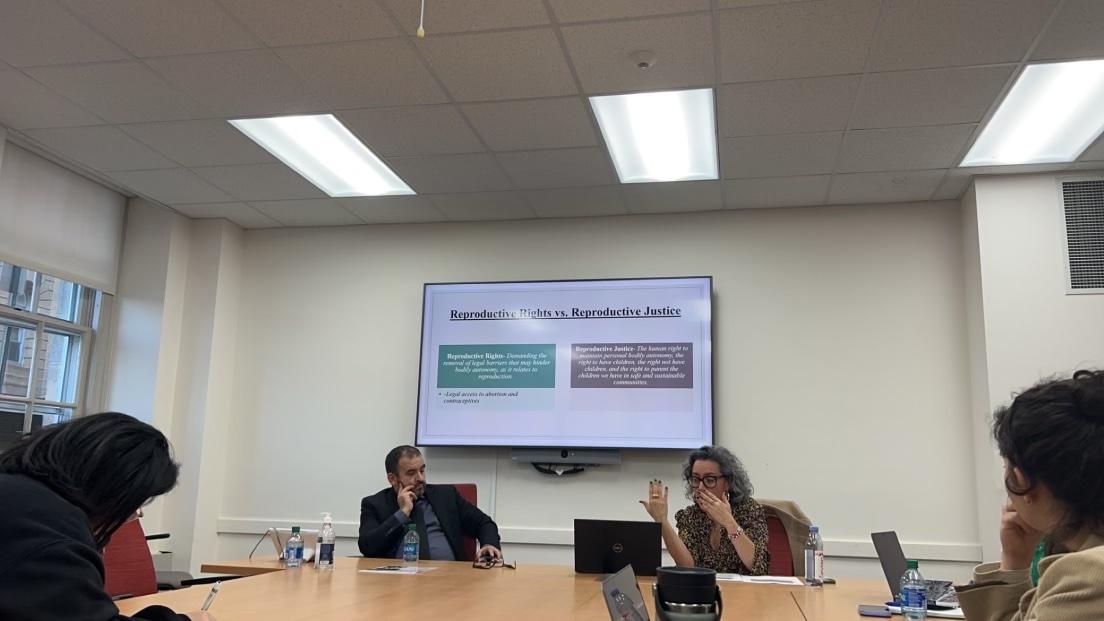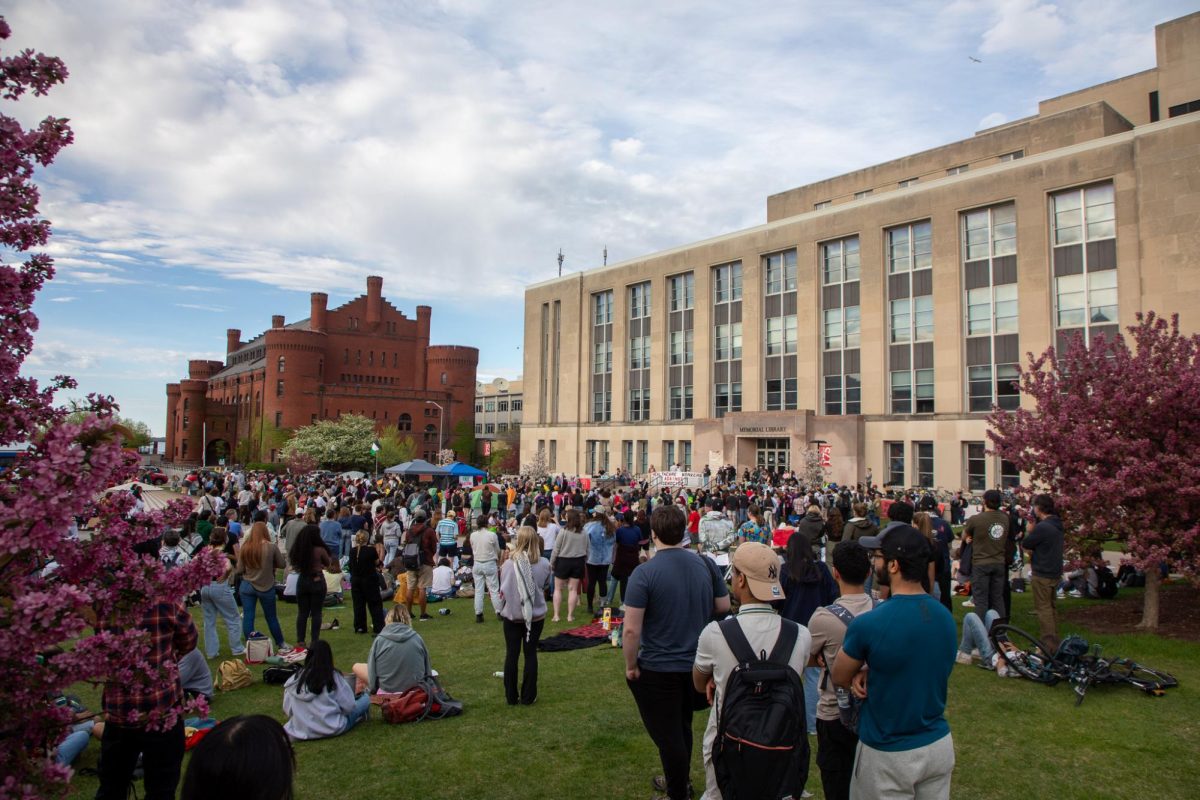The University of Wisconsin’s Chican@ and Latin@ Studies Program held its third and final panel as part of the 2023-24 “Latinx Studies in the Midwest and Beyond” speaker series Thursday evening. The panel, titled “Latinx Labor and Reproductive Justice at the Border and in the Midwest,” discussed the intersection between Latinx labor experiences in the Midwest and larger economic systems.
University of Iowa assistant professor of gender, women’s and sexuality studies, history, and Latina/o/x studies Lina-Maria Murillo said reproductive justice is deeply connected to issues of movement at the U.S.-Mexico border today.
University of Texas A&M assistant professor of anthropology Sergio Lemus said a surge of Mexican migration to the Midwest has created significant populations of immigrants working in landscaping, often for long periods without breaks.
Some of these workers are living in the U.S. without documentation, Lemus said.
Mexicans living in the U.S. without documentation may face healthcare issues such as cancer, which is common among people of Mexican descent, Lemus said. Undocumented status can place limits on access to medical treatment.
Lemus’ research seeks to examine how immigration status impacts undocumented Mexican immigrants dealing with healthcare challenges.
“The project looks at how immigration status and undocumented status affect people navigating biomedical spaces,” Lemus said.
Murillo’s research — which focuses on the history of reproductive and women’s health activism for women of Mexican origin — is relevant to the current social and political climate.
Following the overturning of Roe v. Wade, there was an increase in women crossing the border to Mexico to receive abortions, Murillo said. While reproductive rights are part of what was overturned in the Dobbs v. Jackson decision, Murillo said the separation of parents and children at the border is also related to bodily autonomy.
“The fact that not only are you denying us bodily autonomy, you’re even further denying us our ability to move and to seek care when we need it is absolutely catastrophic,” Murillo said.















